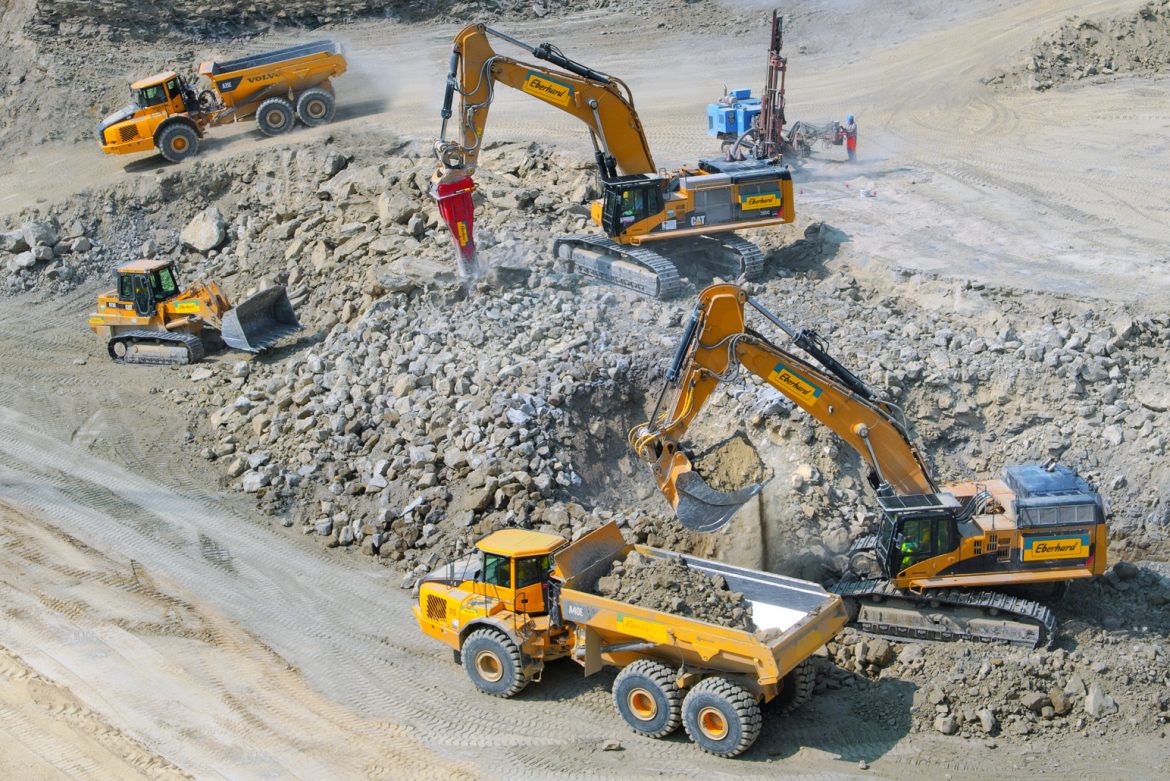
Large construction projects produce a substantial amount of waste, making effective waste management crucial. This guide offers practical tips for construction professionals aiming to enhance the efficiency and sustainability of their waste management practices.
Identify Your Waste
Effective waste management begins with understanding the types of waste generated on your construction site. Common materials include wood, metal, concrete, and packaging. Identifying these helps in planning for better reduction, reuse, and recycling.
Plan for Waste Reduction
Creating a waste management plan before starting your project can significantly reduce waste. This plan should detail waste management strategies and identify opportunities for waste reduction. For example, accurate material ordering can prevent excess and minimize waste.
Partner with Sustainable Suppliers
Collaborating with suppliers and waste management companies that prioritize sustainability can make a significant impact. Look for partners offering solutions like returnable packaging or efficient waste-handling services to help you maintain eco-friendly construction practices.
Implement Recycling Programs
Recycling plays a crucial role in effective waste management. Ensure the placement of clearly labeled recycling bins on-site so that materials like metal, glass, and cardboard are separated from general waste. For larger items or specific materials such as concrete, consider hiring a construction skip bin service that specializes in recycling construction waste.
Optimise Material Usage
Minimizing waste starts with optimizing material usage. Plan cuts carefully to reduce offcuts, and store materials properly to avoid damage. Encourage your team to use materials judiciously and consider design choices that minimize waste. By reducing the amount of materials used or needed for replacement, you can lessen the environmental impact, saving time, money, and effort.
Reuse Materials
Whenever possible, reuse materials on-site or in other projects. Items like formwork, pallets, and certain fixtures can be reused, reducing the demand for new materials and waste production throughout the construction process.
Educate Your Team
Educating your team about proper waste management is crucial. Training should cover waste sorting, the benefits of recycling, and techniques to reduce material usage. Engaging the entire team in eco-friendly goals significantly reduces the environmental impact of construction projects.
Continuously Monitor and Improve
Effective waste management requires ongoing effort. Regularly review your waste management practices and adjust your plan as needed. Monitoring your strategies can help identify areas for improvement and ensure compliance with environmental goals.
Utilize Skip Bins Effectively
Hiring skip bins is an effective way to manage construction site waste. Choose a skip bin that is appropriately sized for your needs without overfilling. Efficient use of skip bins involves separating recyclable waste from general waste, streamlining the recycling process for simplicity.
Practice Sustainable Procurement
Choosing sustainably sourced materials with minimal environmental impact can significantly reduce waste. Research suppliers to find those prioritizing eco-friendly products and packaging, supporting your waste reduction goals.
Go Digital with Documentation
Reduce paper waste by switching to digital documentation wherever possible. Sending plans, orders, and communications digitally greatly reduces the need for printed materials, contributing to your waste reduction efforts.
Leveraging Technology
New technologies play a crucial role in improving construction site waste management. From software that assists with material ordering to apps that track waste generation, leveraging the right technology can lead to more efficient waste practices.
Comprehensive Waste Management Solutions
Effective construction site waste management goes beyond responsibly disposing of rubbish. It involves a holistic approach including reducing waste generation, optimizing material usage, recycling, and reusing materials whenever possible. By following these tips, construction professionals can contribute to a more sustainable and environmentally friendly industry, protecting our natural world for the future.










